We recently connected with Michelle West and have shared our conversation below.
Michelle, thanks for joining us, excited to have you contributing your stories and insights. Can you talk to us about a project that’s meant a lot to you?
It’s hard to rank projects by meaning because that shows up in different ways. Every story requires me to discover something inside of myself that needs to be expressed, whether it’s an idea, emotion, or experience. Allowing that internal something to manifest through film is the most meaningful thing I can imagine, which is why I work so hard to do this.
But some projects are more meaningful externally, because of the people it touches, information it shares, or a social issue it illuminates – when a project can reach far beyond myself. For example, with Lesbophilia, I internally resonated with the struggle of the main character, Chase, who confronts the belief that they’re not good enough for someone to love. But on a larger scale, Lesbophilia highlighted hot-button issues within the LGBTQ+ community with levity and warmth. I’ve loved witnessing how such an absurdly heartfelt comedy has been received and the meaningful conversations it has sparked. This intersection of something internal connecting with something external is the art of it all for me.
Lineage has definitely been the most personal film I’ve directed, which I also served as writer, producer, and performer on, and is based on a series of familial stories my aunt told me one summer at a reunion. A few of these stories were not widely shared, but rather whispered amongst the women of the family, such as abortions my great-grandmother had, alcohol abuse, and a mysterious fetus found in a jar. I sat with these stories for a while, meditating on the secrecy and shame that surrounds women’s trauma and how it resonates in my bones. I decided to weave the trauma of my ancestors into a fictional narrative where the young lead character, Betty, finds a way to bring even a small amount of healing and solidarity to the women in her family. Shame only lives in secrecy, and by exposing these stories and giving a voice to the women in my family, I thought it might be a way to break that cycle.
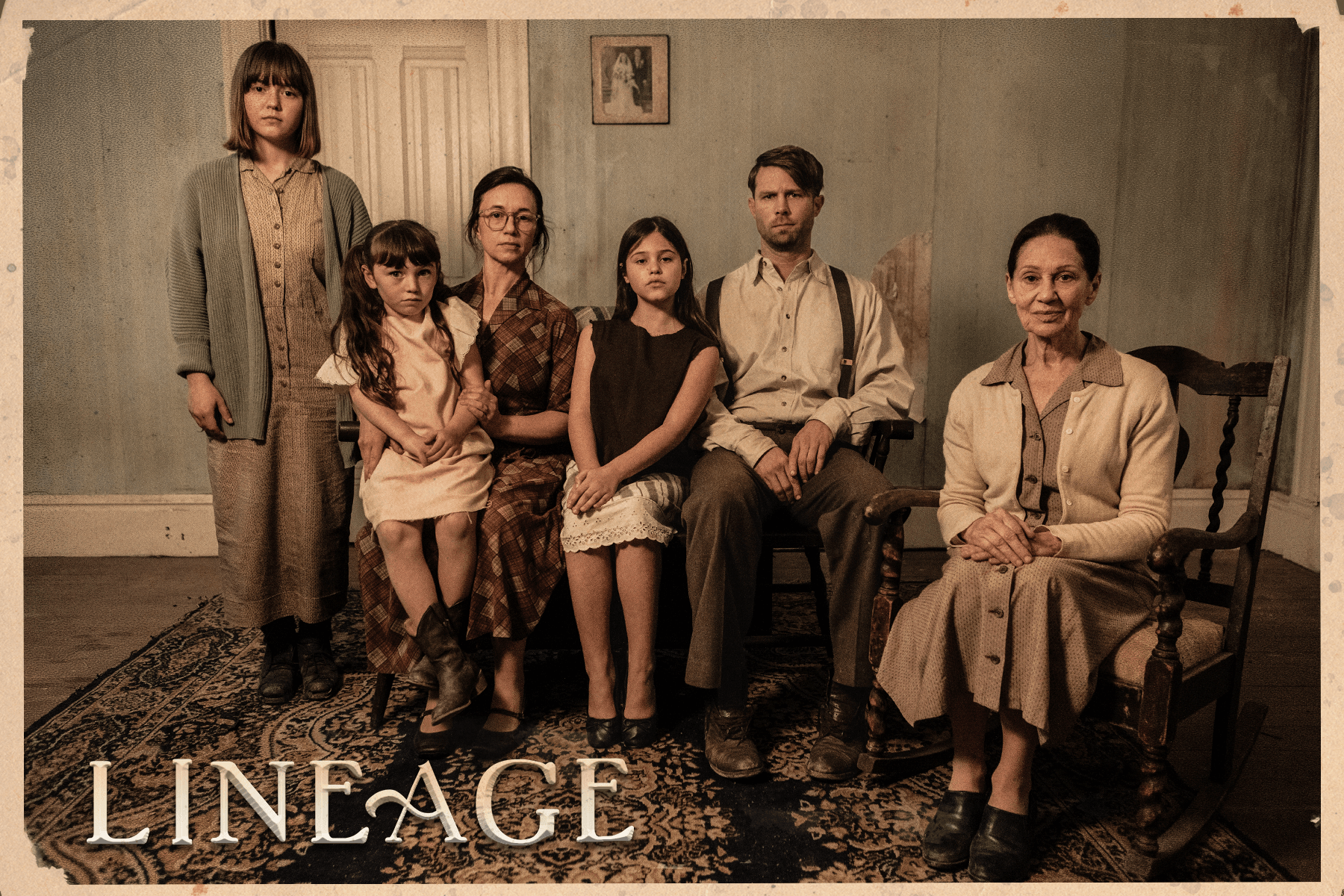
Michelle, before we move on to more of these sorts of questions, can you take some time to bring our readers up to speed on you and what you do?
I’ve taken many detours on my filmmaking journey, but each one has given me a new tool or perspective that I’ve been able to apply as a director. While I was always drawn to the arts, I didn’t know this could actually be a career path until I was working for an ad agency and went on a large commercial shoot. Seeing the giant green screen, superhero costumes, and a huge crew handling all the equipment – I was completely enamored. Each person had a different artistic specialty and it was all coming together to tell one unique story. It felt like I had come home. Within a year, I had quit my advertising job and was freelancing in film production full-time.
After moving to Los Angeles, working in production became my film school. I acquired skills, built a community, took risks, made mistakes, and tried different roles within the industry from assistant directing to acting to producing. About four years ago, I realized that all my experience had been steering me towards the one thing I had been avoiding – taking the helm as director. I’ve now shot four short films, screened at dozens of festivals, and won awards – and I did not take a traditional path to do it.
Moving forward, I’m excited to continue sharing women-centered stories that offer a perspective of hope in this often bleak world. I’m focused on creating films that are emotionally challenging, opening the door to internal struggles that people typically want to keep locked up, drawing audiences into layered portrayals of self-discovery, connection, and radical honesty. I’m currently working on the feature-length version of Lineage and look forward to giving that story a more robust life.
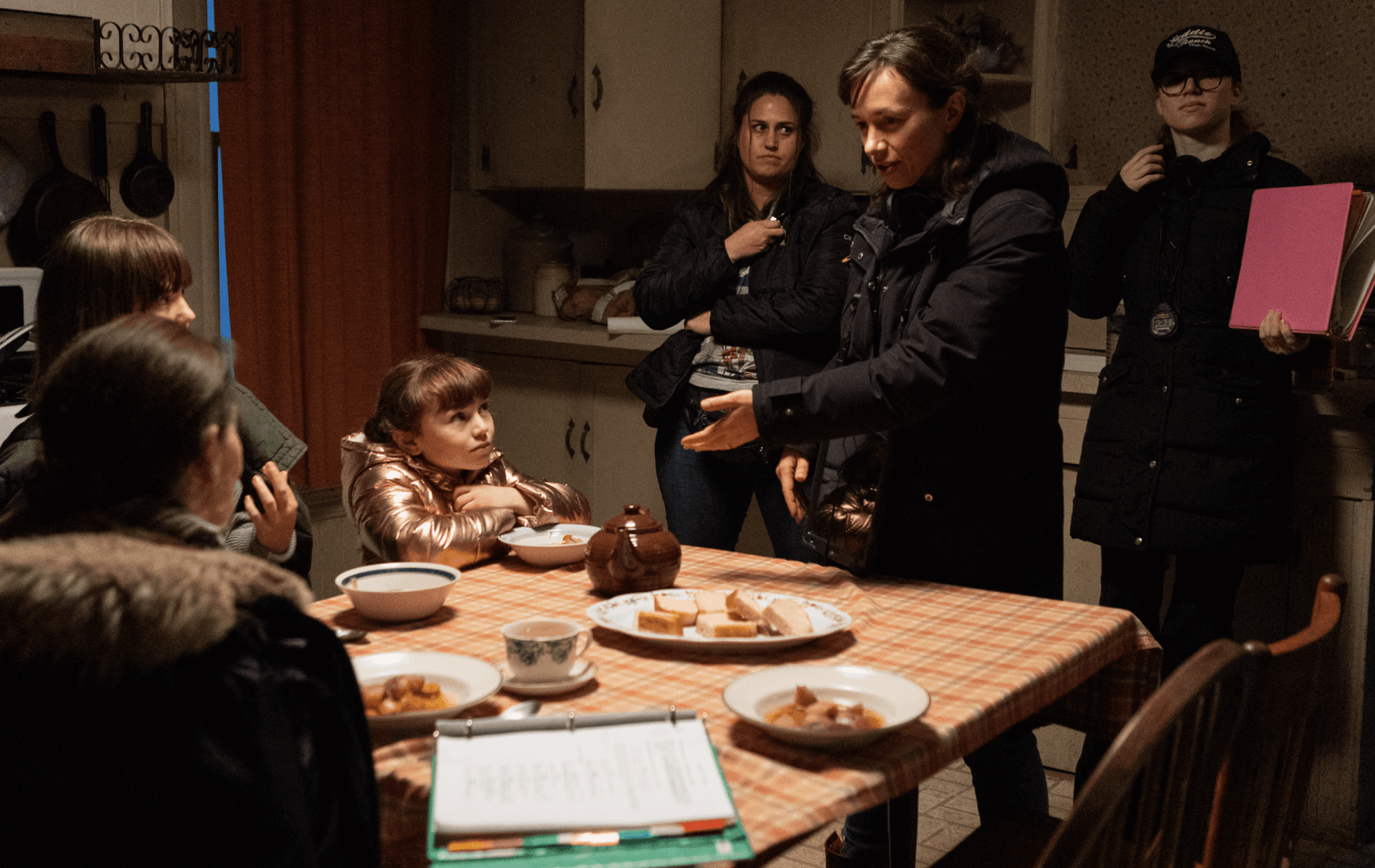
Is there something you think non-creatives will struggle to understand about your journey as a creative? Maybe you can provide some insight – you never know who might benefit from the enlightenment.
There’s a misconception that artists have “creativity” that other people don’t have. I don’t believe this is true. I think if you’re human then you’re creative. Being a parent or an accountant still requires a great deal of creativity. Perhaps I could articulate what separates the artist from the rest of the pack.
Artists routinely engage the courage to express their ideas through an interpretive medium, risking the judgement that may follow. The fear of judgement and not belonging to the group is deeply rooted in our instincts – our body thinks being outcast from the tribe will mean certain death. Artists take this risk anyway, over and over again, through indirect forms. For artists, expression is a mandate of living. Listening to voice within becomes more important than being accepted. I think historically repressed people, like the LGBTQ community, are some of the most profound artists. They’ve broken through the fear of judgement more frequently than other groups and are attuned to that inner voice.
As a filmmaker, I have a calling to tell stories through words, pictures, and sounds. But Hollywood is brutal, and it matters to producers and executives if my film is “good” or “bad” or can fit into the trends of the marketplace. To have a career it’s imperative that I understand this, but it also conflicts with my spirit’s desire to express freely. So, every time, I have to take the risk and serve the idea the best way I can, right now, regardless of how it will be judged or what the “results” will be. The non-artist in me will overthink, doubt, and self-judge, perhaps never finishing anything. The artist in me will listen, get curious, and take action, building resilience around the judgement. The more the artist in me wins, the happier I am.
My films aren’t perfect, but each one is a creative representation of an important idea I chose to manifest based on my current lived experience and skill. A big inspiration for me to understand my creativity is the book Big Magic, by Elizabeth Gilbert. It does a phenomenal job explaining the creative process for artists and non-artists alike.
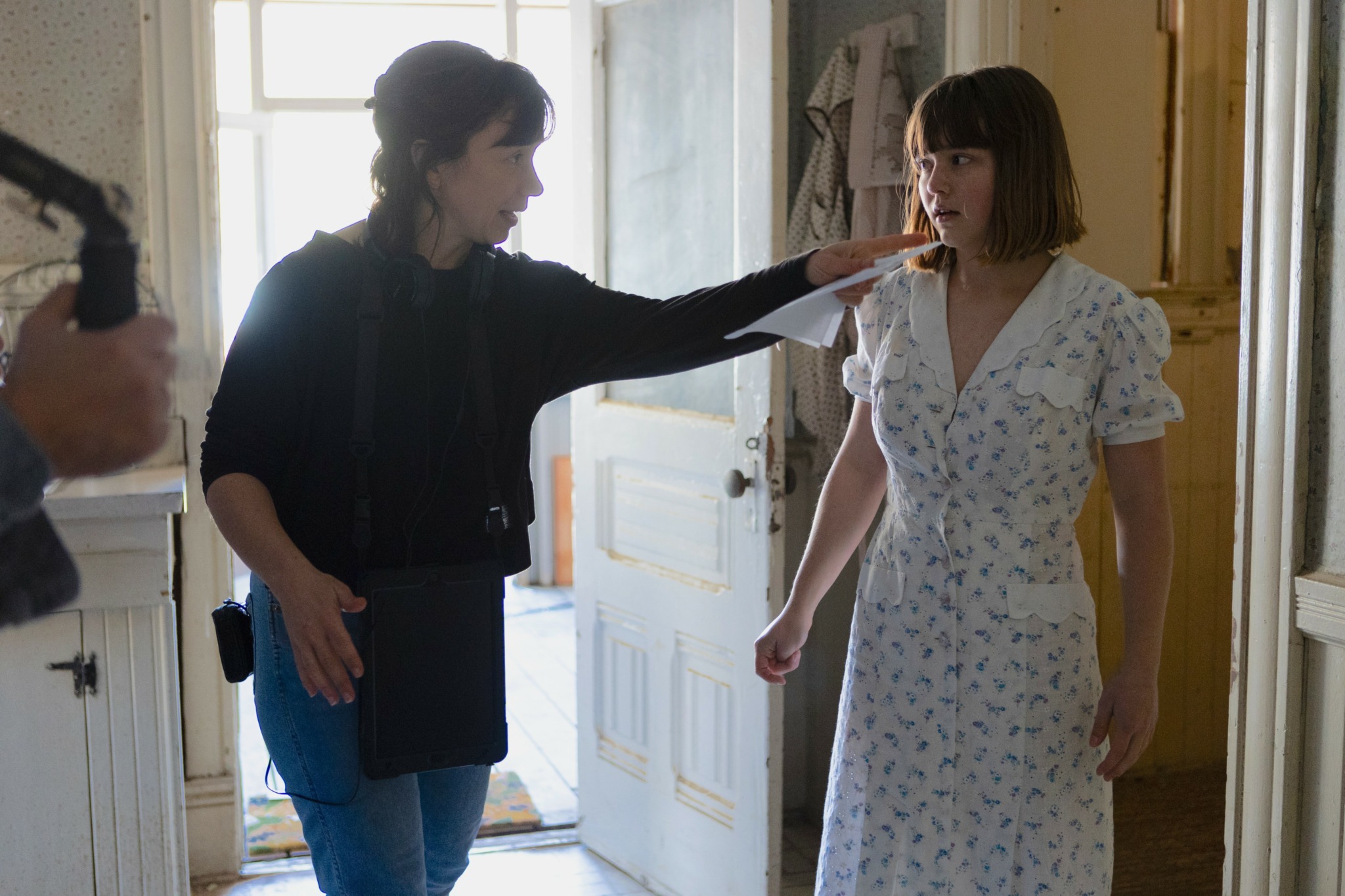
Any resources you can share with us that might be helpful to other creatives?
I wish I understood money, debt, and how to generate passive income much earlier. I wish this was taught in schools. Accumulating debt and working “survival” wages at multiple jobs has caused me a great deal of stress, expending energy that could have gone towards my work. The idea of being a “starving artist” should be flushed down the toilet – I want thriving artists to be normalized. Artists who have savings, and a secure retirement plan, and their bills paid without exhaustively working to death. If I had a solid financial foundation earlier in my career, I think I’d be creating a lot more now.
A couple resources that have helped me get a better grasp on my finances include Steve Chen and his @calltoleap account on Instagram, and Miata Edoga’s Abundance Bound program. I have more work to do with both of these programs to get where I want to be, but they both offer very simple, practical guidance for artists (or in Miata’s words, “non-traditional earners”).
Contact Info:
- Website: https://www.itsmichellewest.com
- Instagram: @its_michellewest
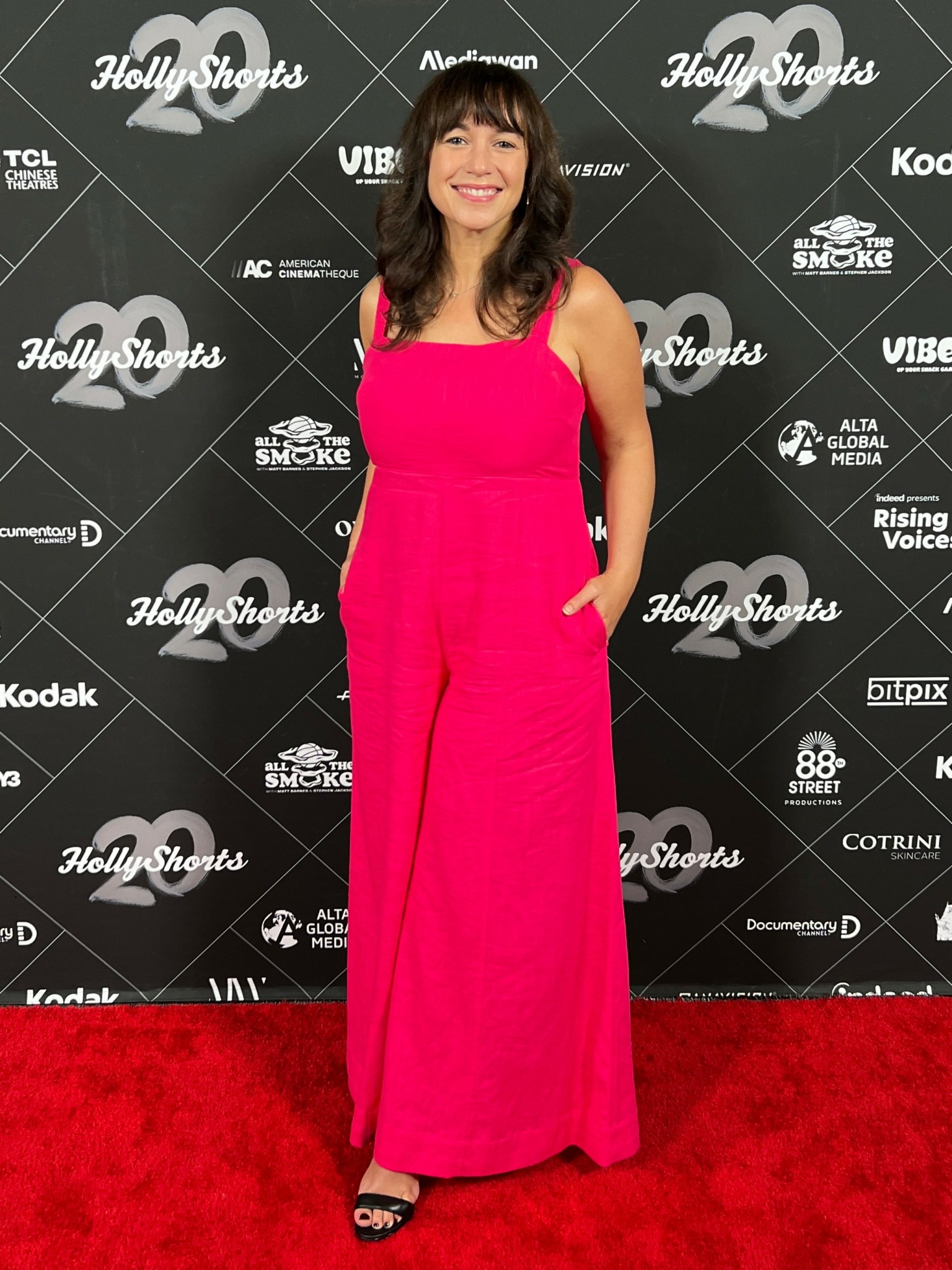
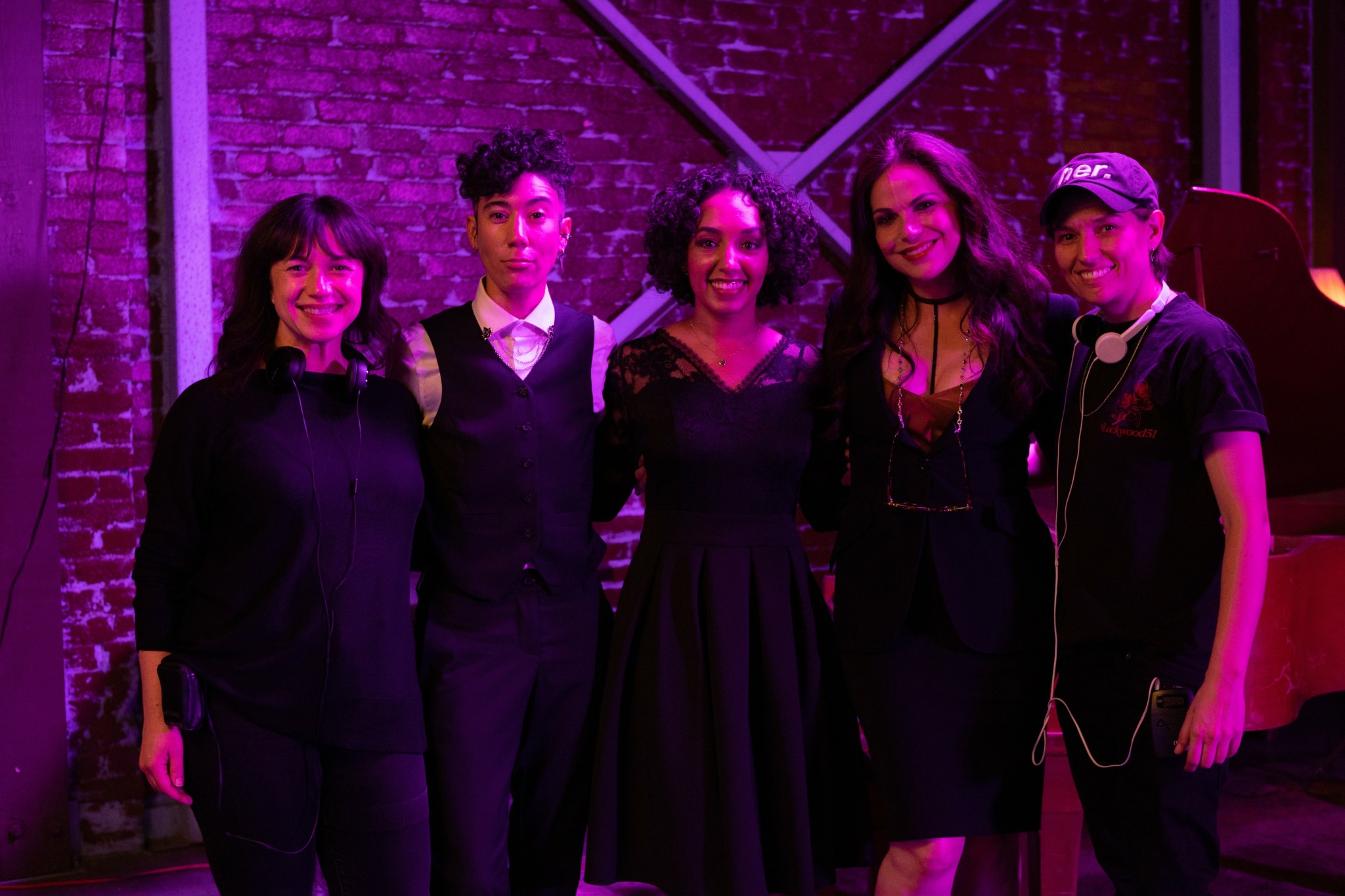
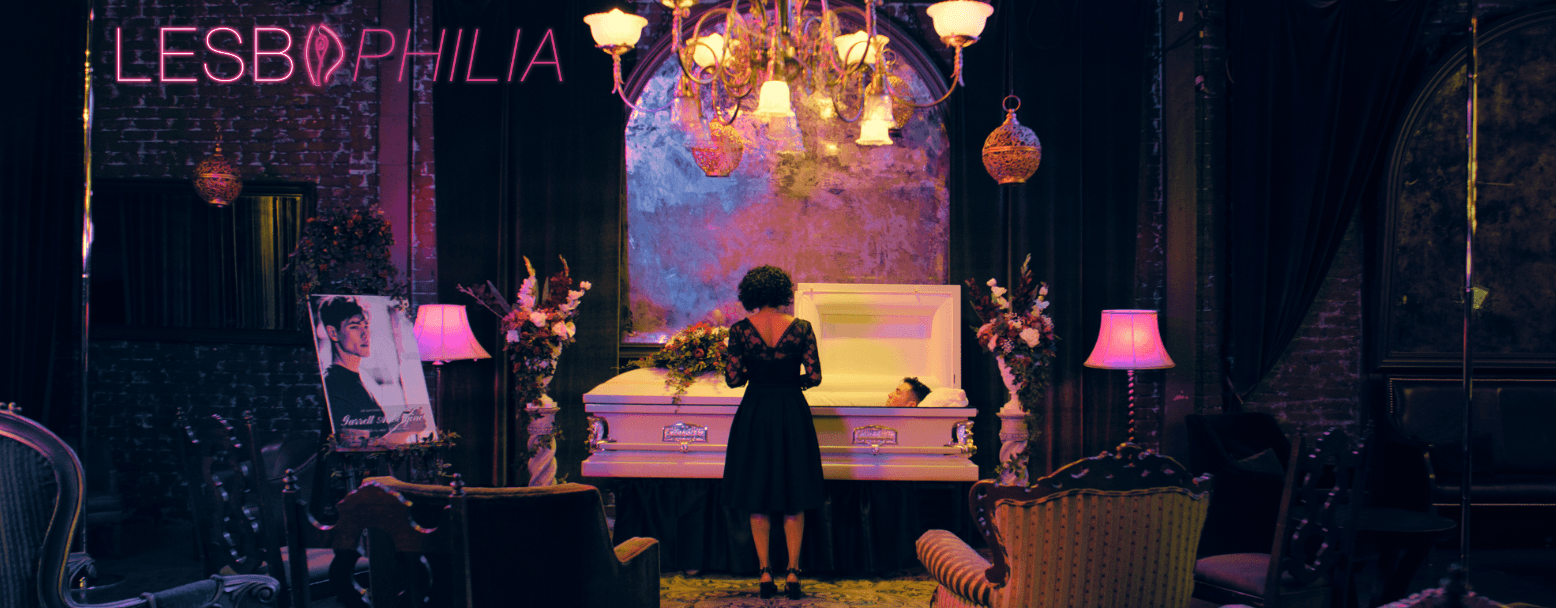
Image Credits
Christina Belle


